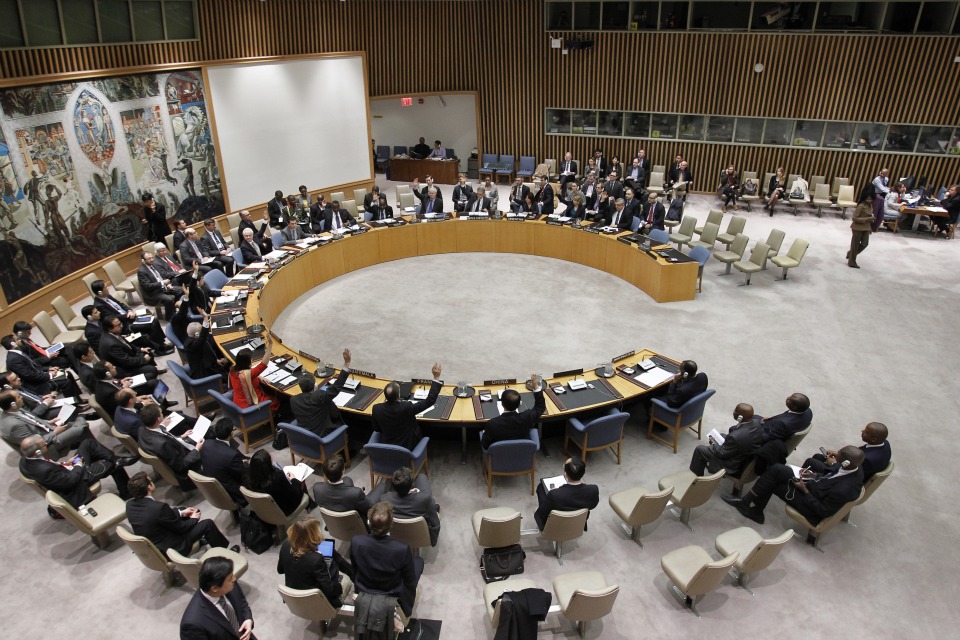"To combat terrorism we must anticipate and stifle terrorist activity"
Statement by UK Ambassador Michael Tatham to the Security Council Briefing on the Subsidiary Bodies

Thank you, Mr President. I also thank the Committee Chairs for their important briefings to the Council today.
Mr President,
Terrorism is regrettably an agile and evolving threat. It requires us to be a step ahead and anticipate developments. Since our last meeting the Council has taken further steps to address the threat of terrorism. In December, the Council adopted Resolution 2129 directing the Counter Terrorism Executive Directorate to implement its core mandate of assessing States’ implementation of Resolution 1373, and identify emerging issues, trends and developments.
One serious emerging trend is terrorists kidnapping for ransom payments to finance their operations. This is a significant challenge for us as we seek to constrict terrorist financing and it is a terrible threat to nationals of all countries. In January this year, this Council unanimously adopted resolution 2133 to tackle this growing problem. The resolution sent a strong political signal and made clear the Security Council’s commitment to address the upward trend of terrorist kidnappings and break the vicious cycle whereby ransom payments strengthen terrorist groups and then incentivise future incidents of kidnapping.
The upcoming Special Meeting on Kidnap for Ransom will help States better understand this pressing issue and will provide an opportunity to discuss practical information, including prevention measures, to break the vicious cycle.
Mr President,
The nature and composition of Al Qaida may have changed, but the threat it poses to nations across the world has not. Nearly fifteen years after it was established, the Al Qaida sanctions regime remains an essential tool to combat terrorism.
Boko Haram’s abduction of the school girls in Nigeria on 14 April and its campaign of violence and intimidation demonstrate the horrors terrorist groups can inflict on innocent people.
The United Kingdom was the first country to proscribe Boko Haram and strongly supported its addition to the 1267 Committee’s list of groups subject to financial and arms sanctions. We proudly co-sponsored Nigeria’s proposal that the UN take action. The international community as a whole supports Nigeria’s efforts to tackle terrorism. At the Paris Summit on Security in Nigeria, Nigeria’s neighbours, the UK, US and EU agreed to pursue sanctions against Boko Haram at the United Nations. We look forward to supporting further efforts at the UN in New York.
As we approach the mandate review next month we must work to strengthen the implementation of the regime and advance measures to ensure processes are fair and clear so that sanctions are credible and robust. We must also encourage states to make use of the regime to take advantage of the global reach that UN sanctions offer. To effectively combat the threat of terrorism we need that global reach and must also work together to anticipate and stifle terrorist activity.
Mr President,
I congratulate your Mission on the successful open debate on Non-Proliferation of Weapons of Mass Destruction earlier this month which commemorated the 10th Anniversary of Resolution 1540 and also on the accompanying Presidential Statement adopted by this Council. This mandate remains as important today as when it was adopted in 2004 and we urge States, especially Council members, to ensure universal reporting on its implementation.
I thank you.